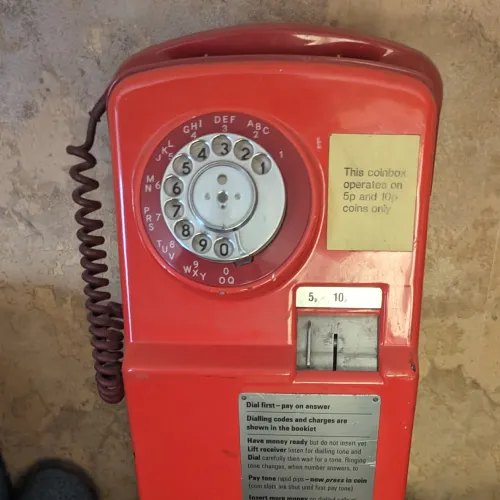Note: It’s not a missing feature. It’s a design choice by the GNOME team.
Most users transitioning from Windows to Linux will be stumped about how to create a Desktop shortcut. There’s a reason why you can’t right click on something and just “Create a Desktop shortcut” like you do in Windows. I’m not going to get into the hows and whys but it is a design choice, and one I actually highly support.
Create
For those, however, who do want to do it, you can do so with the following steps:
- Make a note of the path and file name of what you want the shortcut for.
- Open Terminal
- Navigate to the Desktop:
cd /Desktop(reminder for people new to terminal, you can type De and press tab to have autocompletion) - Create your “symlink”:
ln -s /path/to/file/filename.AppImage(as an example)
The above stands for create a link that is “soft” (point to another file, directory, etc) at the location and name you provide. There are small differences between soft and hard linking but that’s out of scope for this post.
View
To view where a link goes you can do the following:
- In terminal navigate to where your symlink is (like your Desktop)
- Type the command
ls -l linknamehere
This will review to you the permissions and where it’s ACTUALLY pointing to.
Remove
To remove your symlink, you can do one of the following:
- Right click and send the symlink to the rubbish bin
- Open Termina, Navigate to symlink location and use
unlink symlinknamehere
